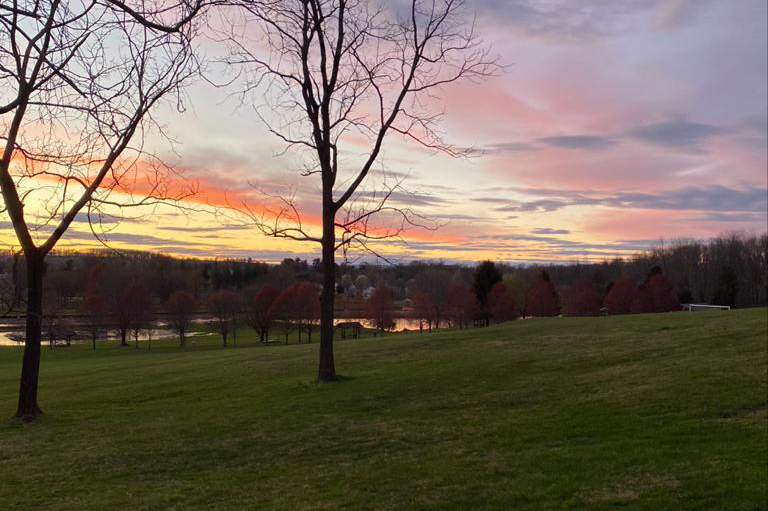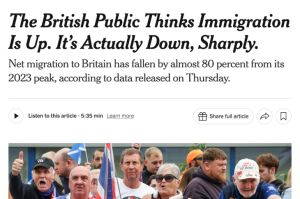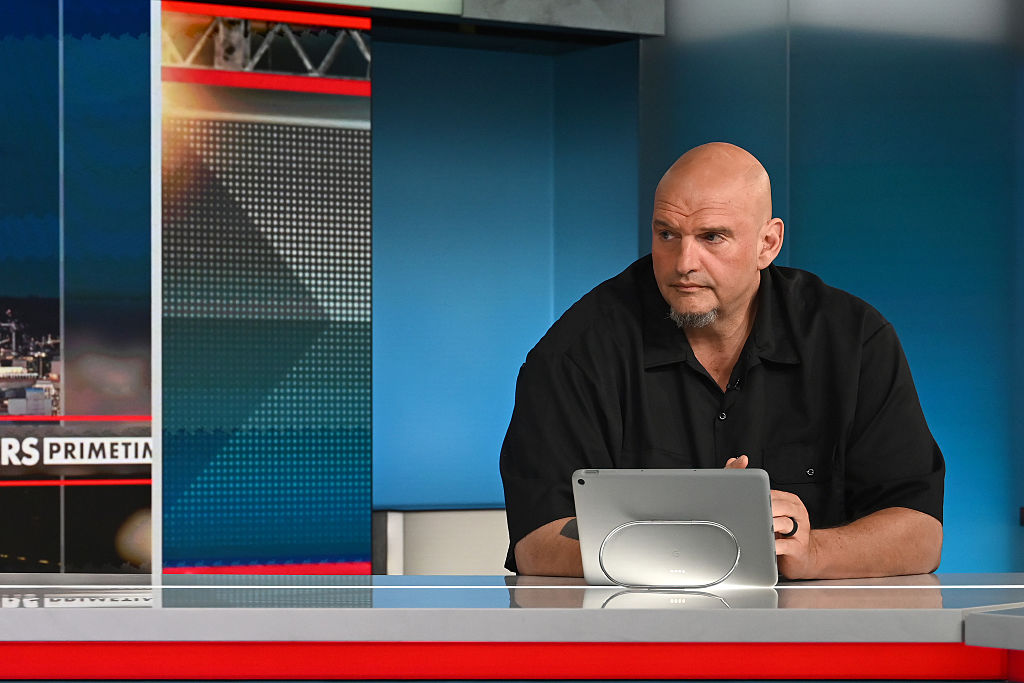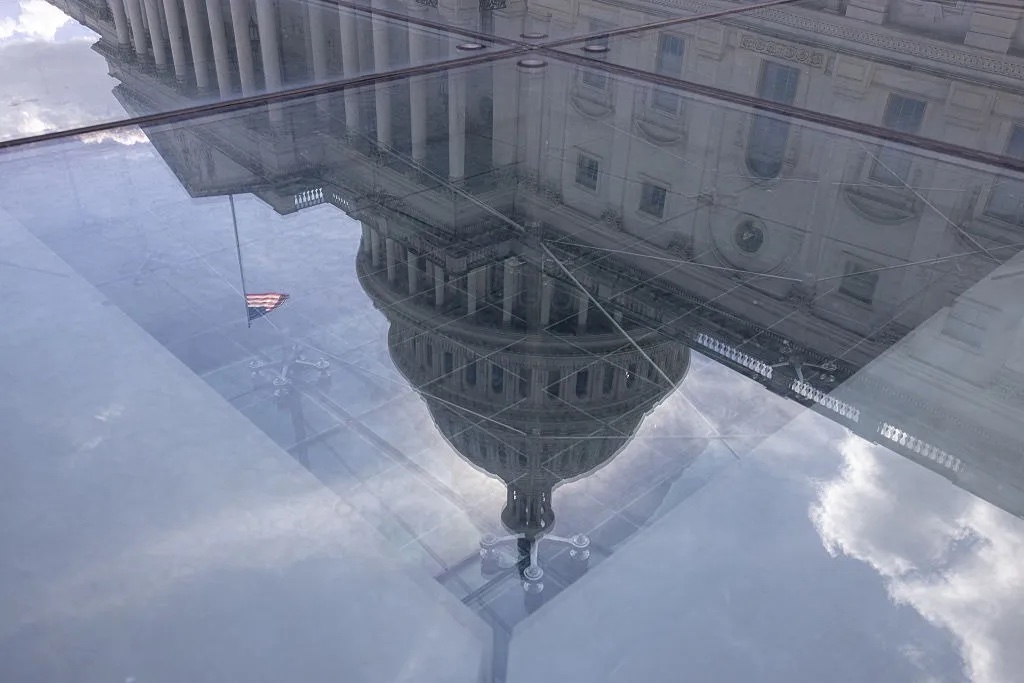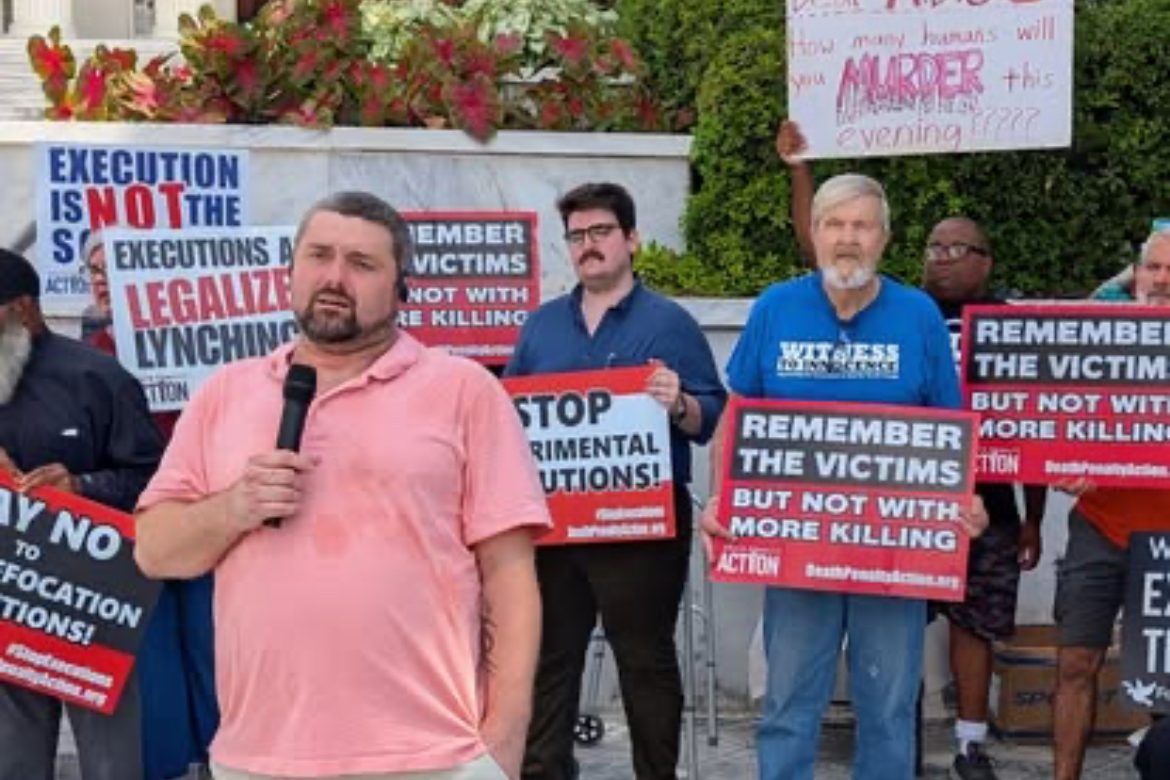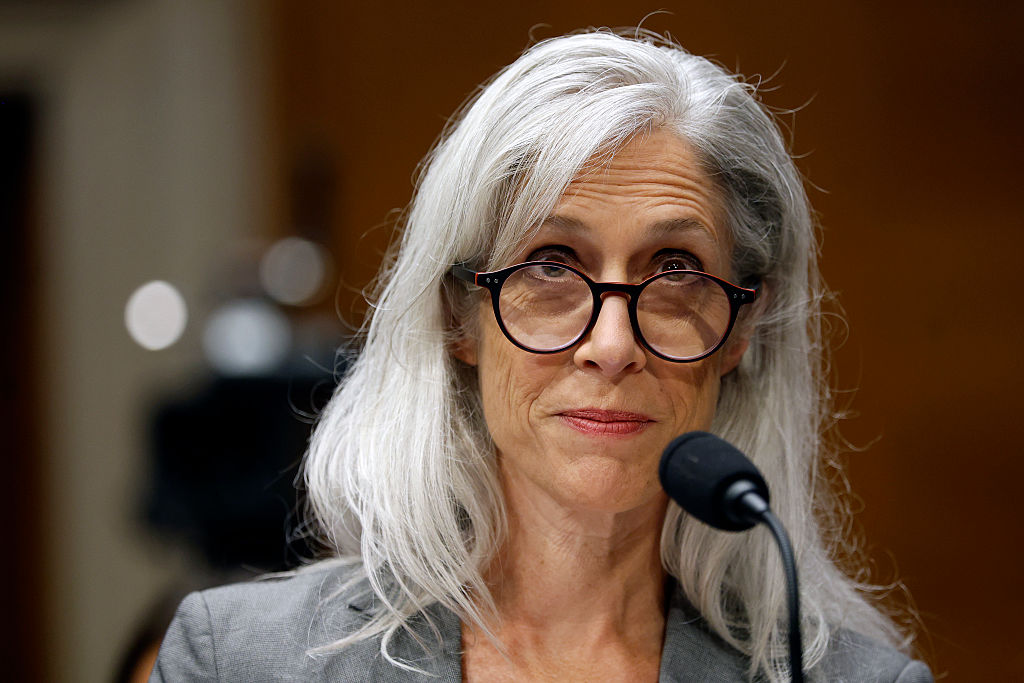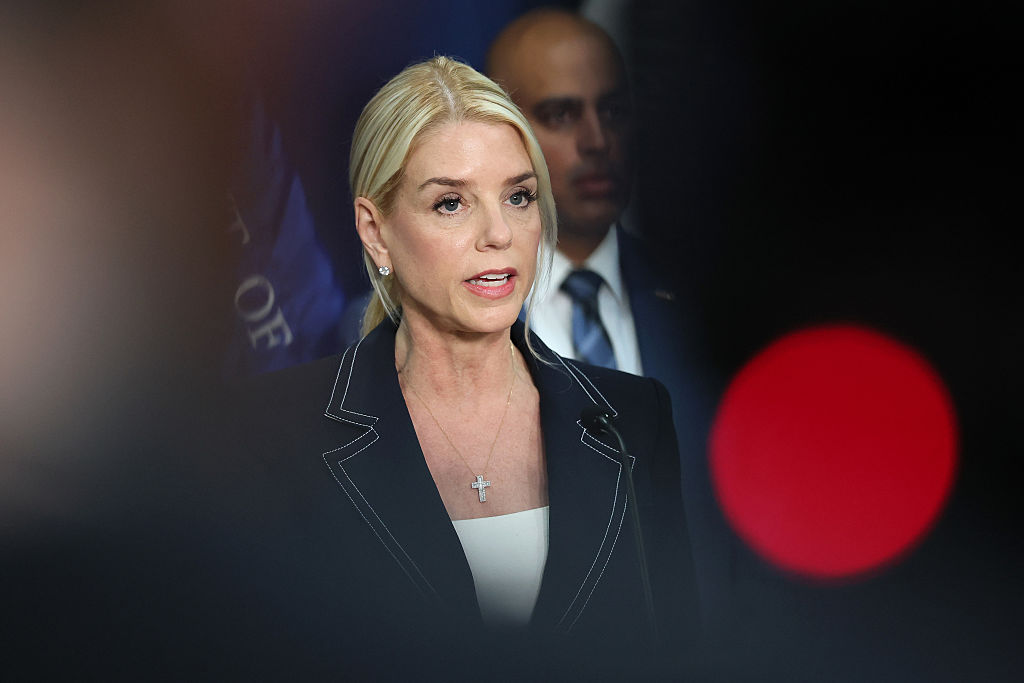Tone-deaf media elites and celebrities demand we all just stay home just as they do, self-isolating in their multi-million-dollar LA mansions or NYC brownstones. Journalists who don’t care to educate themselves about rural America — even after wildly misunderstanding the rise of Trump in 2016 — now lecture us country bumpkins, because we’re too stupid to understand how to quarantine ourselves.
The architect of this condescending union of the fatuous and the famous was the New York Times. The people’s paper published a map with zero context showing that people in the South and the Midwest were slower to stop traveling more than two miles from their homes than other areas of the country. Showtime’s The Circus host Alex Wagner snarked, ‘Someone with graphic skills please overlay this with a map of the 2016 election results,’ suggesting it was those stupid Trump supporters at it again! Michael Barbaro, host of NYT’s The Daily podcast, remarked simply, ‘In a word…The South.’
I am currently quarantined at my parents’ home in a small town in Maryland with a population of about 1,200. In some ways I am quite lucky; they have a beautiful two-acre property dotted with apple trees just across the street from a sweeping farm. The closest neighbor is close enough to wave but not to talk (or even yell), and there are plenty of quiet running trails in the area for when you just need to get away from the house.
But living in the middle of nowhere during a quarantine has unique challenges that you wouldn’t understand if you’ve spent most of your life in a walkable city. My family can just manage to stay under that two-mile radius painted by the Times if we only venture out to the small, family-owned market on Main Street. If we need to grab something from a larger chain grocery store, we’re looking at closer to six miles. And we don’t even live in a food desert — grabbing necessities or essential items is an even longer trek for the southerners that have been mocked for leaving their homes. Sorry y’all, but we don’t get DoorDash or Postmates out here.
It’s not just about those who choose to live outside the Beltway. People living in poverty, even if in a city, likely don’t have the resources or savings available to ‘just stay home.’ If they don’t have a car, going to get groceries means taking public transportation or walking. Working from home is not an option for most working class individuals, meaning they have to choose between putting themselves and others at risk by going to work or giving up a much-needed paycheck.
Axios’s Jim VandeHei missed the boat too when he blamed late responses to the coronavirus in red states on a partisan information gap. VandeHei said on MSNBC’s Morning Joe that red states took longer to react ‘because they were listening to President Trump up until the last five or six days. They were watching Fox News, they were listening to Rush Limbaugh, and they were following conservatives on Twitter or social media, all of whom were downplaying this.’
This doesn’t take into account that red states usually have higher poverty levels, meaning their residents simply can’t afford the time required to follow daily updates on an unknown virus. VandeHei also ignores that many left-leaning outlets like BuzzFeed News and Vox didn’t take the virus seriously a few months ago. We really didn’t have much valuable information at that time outside of the falsehoods being fed to us by China, so it’s not fair for VandeHei to blame a specific set of people for not seeing the potential threat. VandeHei is from Oshkosh, Wisconsin. Surely he should know better.
Michael Tesler at the Washington Post made a similar jab when he noted in a column that red states are ‘finally starting to Google the coronavirus.’ He accompanied his piece with a chart showing which states were seeking out information on COVID-19 in relation to their support for President Trump. But the chart also shows something rather obvious and nonpartisan: states where the virus hit early and hard, like New York, Maryland, and Washington were of course Googling the coronavirus more than South Dakota and Nebraska, which were much less at risk. Tesler also doesn’t consider that lack of good internet access might play a role in people’s search habits. West Virginia, Alabama, and Mississippi, for example, were noted as some of the states least likely to Google the virus and also coincidentally have some of the worst internet coverage and access.
Getting a sermon from some of the most privileged people in our country is annoying enough when we aren’t all struggling through a global pandemic. As the sneering, pompous media dig themselves into another hole ahead of the 2020 election, I’ll be watching the bird feeders out back. I think I just saw an American goldfinch.



